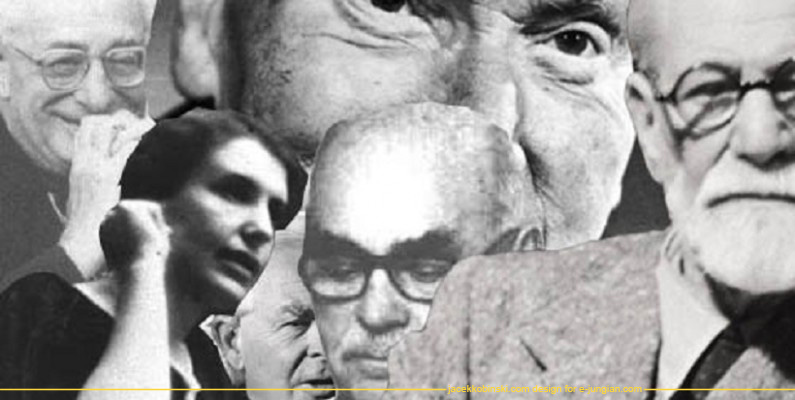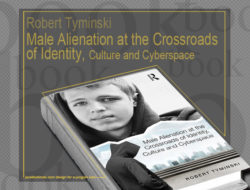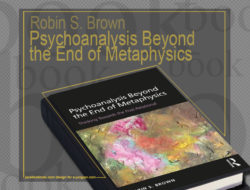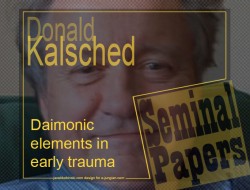Does the history enliven us, or rather, on the contrary, do we make it alive by projecting into it the areas of our psyche that are out of reach for us? This question starts to be even more important when we think about everyday psychotherapy work. „The personal equation” this question relates to is very important in the work of the psychotherapist and in everyday application of psychology in practice. Psychology has been trying for some time to deal with the unsolvable identity dilemma of our rationalistic age: whether is it a science or is it not. The question remains unsolvable, as despite the whole objectivity of descriptions and complicated models that we have worked out during the last one hundred years, psychology has been and remains the discipline that the most truly comes into being in the interpersonal meeting, and this meeting unavoidable concerns personal psychologies of its participants. Those personal psychologies remind us, that psychology as the branch of knowledge is of its nature the domain that is subjective (and through this subjectivity realizes its the most creative potential, which paradoxically is confirmed by the contemporary neuroscience). On the other hand they raise the question of identity, which we cannot avoid, if we want to do our work in the way that is real and grounded in the intersubjective space of meeting with the other human person.
What is then the professional identity of psychologist or psychotherapist? This question, seems to be very easy at first, as we work in some institutions, belong to professional societies, we are adult therapists, individual or group therapists, Freudians or Jungians, CBT or psychodynamic therapists, etc. – the list could be long here. Definitions are usually given, it is enough to google them or look for them into any handbook of psychology, but do they answer our question? Do they tell us what really means the application of this specific adjective or noun that formulates the response to the question about the professional identity?
To start from the very beginning: the use of the specific description (including mine, as I call myself „Jungian analyst”), takes us back to the specific understanding of the psyche, which again leads us to the specific description of the meeting with another human being, and through this description it grounds us in the history of psychology, its key figures and their works that relate to the understanding of the structure and dynamics of the psyche and history of the movement that follows and develops their thoughts.

This dynamic can be observed from the very start in the development of psychological theories. We know well, that one schools of therapy do not like the others, or even sometimes some contradict other points of view. Looking at my own schoolyard: according to a long tradition Jungians do not get on very well with Freudians, an vice versa (which is easy to understand when it comes to the two schools of thoughts that grow out from the initial conflict of two very important persons present at their beginnings), and again developmental Jungians will not quite agree with the assumptions of archetypal ones and so on. Does it really mean that these „dislikes” are acting-outs of not worked through conflicts between those groups, or within them (which we then would inherit the same way we inherit our ancestors estate)? Or maybe rather they are a space in which we project the mystery of our identity, which could be expressed in the question: „Why do I do what I do and how does it change me?”, which often remains unanswered.
Of course what I write here does not relate only to the professional identity of psychologists and psychotherapists. The question of identity and how it influences our life choices locates somewhere there in the life of every one of us, and from time to time it takes shape of urgent necessity. It comes to us in the form of sudden emotional states, life problems, it hides in the feeling of the lack of sense, in surprising dream images, experienced symptoms, synchronistic events or feelings of envy of what others do and we do not. When we experience this question fully, when we open to its depth, it directs us towards those that proceeded us, our ancestors – those of blood and those of the thought – and towards our individual life goal.
Maybe the most difficult of arts, not quite popular nowadays (as we like to know everything „for sure”) is to keep the identity question open, and hold the need to give it an answer that is true once and for always. In this dynamic, open space we stop to be only the name, label that comes from the set of collective consciousness descriptions and we start to experience slowly the meaning of being who we are.
Małgorzata Kalinowska
See Polish version of the text
Tags: identity, Jungian, Jungian identity, Jungian psychoanalysis



































